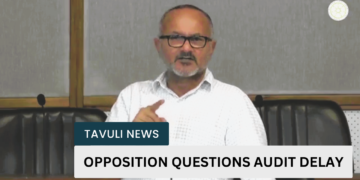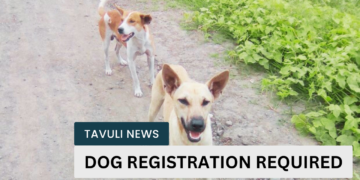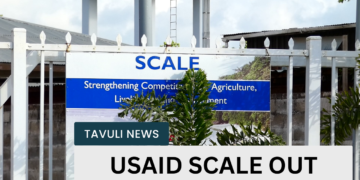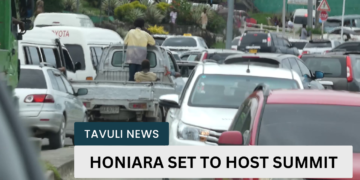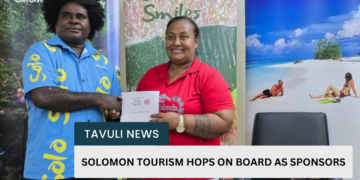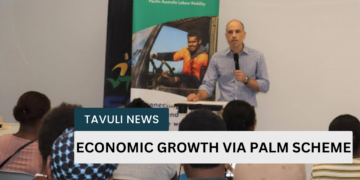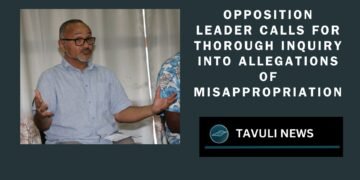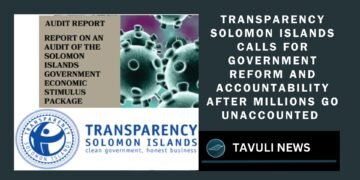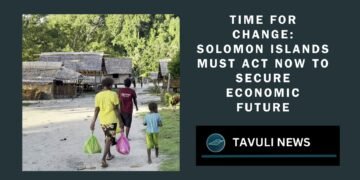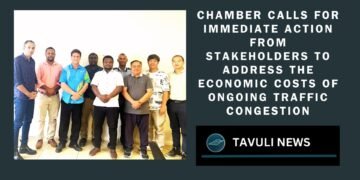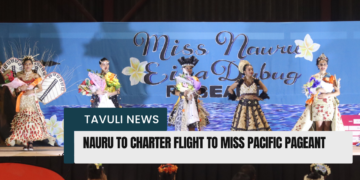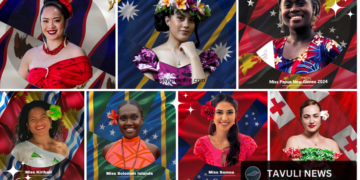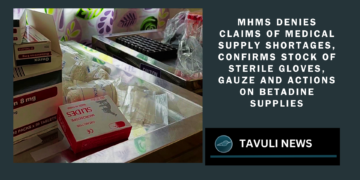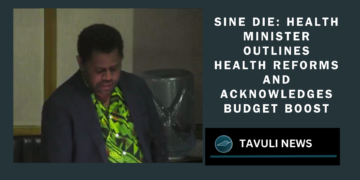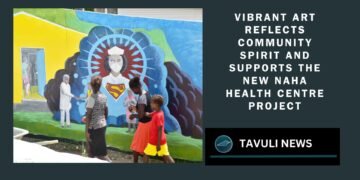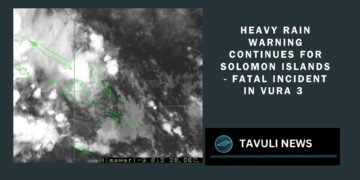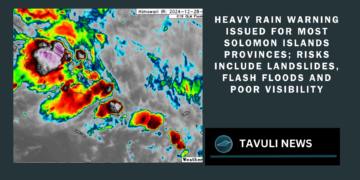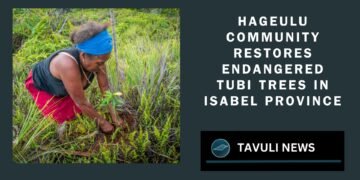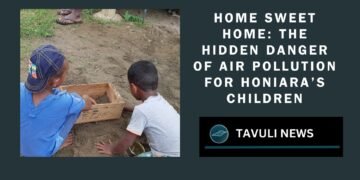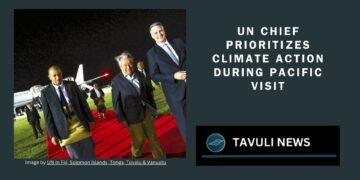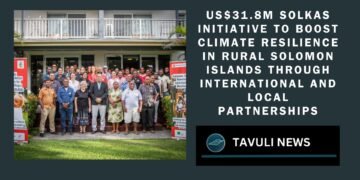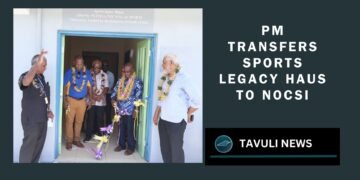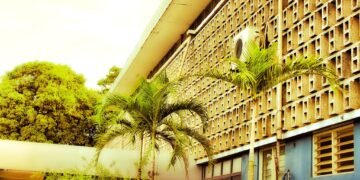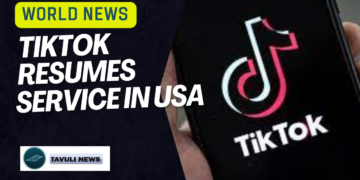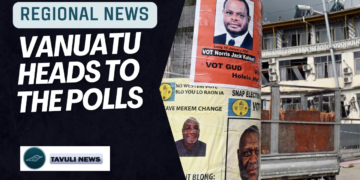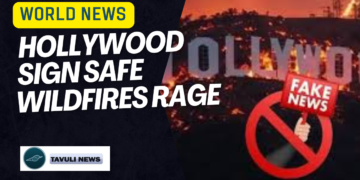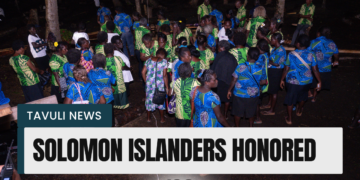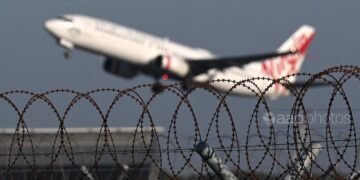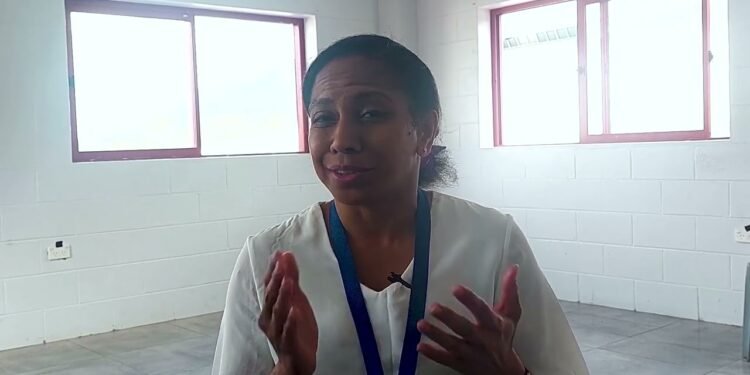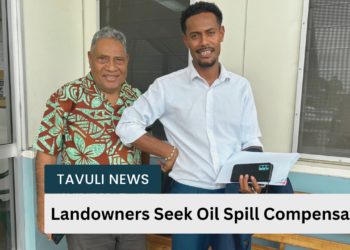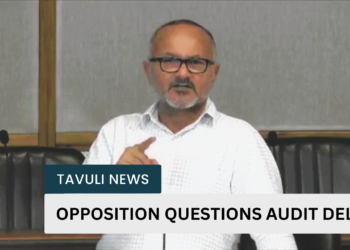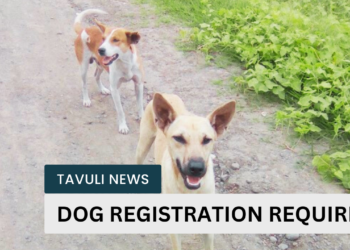Slow Strides In Gender Equality, Pacific Island Leaders Express Concern
In the Pacific region, where rates of violence against women and girls are among the highest globally, leaders gathered in Rarotonga for the Pacific Island Forum to discuss challenges in the Blue Pacific. Alongside these discussions, a simultaneous effort against violence unfolded through side events and advocacy initiatives.
Henah Joku, from Papua New Guinea, aimed to amplify the collective voice against violence at the Forum. She emphasized the urgent issue, pointing out the prevalent normalization of violence in communities, villages, and urban areas where information access coexists with silence.
“It’s not just as media but to be able to highlight and advocate and I would always say it’s not a war on gender its a war against the violence that’s been allowed to be normalised in all our communities, villages and especially in our urban areas where even though we have the most access to information, we are the least likely to share and be public about our situations”, Henah said.
As a recipient of the PNG CPL Award for Bravery and Courage, Henah courageously shared her journey as a survivor of gender-based violence. Undeterred by the challenging process, she pursued legal action against her former boyfriend. Henah’s advocacy extended across various media platforms, encouraging others to confront domestic violence and demand accountability from those in power.
Expressing concern, Henah highlighted not only reported cases but also untold stories and unknown statistics, especially in communities where discussions on gender-based violence are often dismissed as marital issues behind closed doors. She emphasized the need for comprehensive solutions, calling for counseling services, safe houses, and rehabilitation programs for all victims, including men and boys, as well as perpetrators. Her advocacy aimed to set a precedent for justice and underscored the importance of holistic rehabilitation.
“All of these issues that we have that pop up every time when it comes to the conversations on GBV, these are injustices that women and girls are just facing more predominantly than the men and boys. That’s not to say that it does not happen to our men and boys. And so when the government is looking at their solutions, they have to make it collective. We have to have counselling services. The safe houses the rehabilitation programs for our men, for our boys as much as our women and girls. And that includes the perpetrators. I did not seek justice just to win my case. I needed to set an example on a precedent but also to highlight that, what kind of rehabilitation programs do we have for these perpetrators of violence so they have to look at it 360. And to make sure that solutions are inclusive of everyone involved”, Henah said.
Leading the Papua New Guinea delegation, Deputy Prime Minister John Rosso unequivocally condemned violence and acknowledged progress made in the past decade. He highlighted the establishment of a Special Parliamentary Committee on Gender-Based Violence in 2020 as a crucial step forward for Papua New Guinea.
Last month, Papua New Guinea MPs received revelations in parliament about the widespread and underreported nature of gender-based violence and sorcery-related violence. Governor Powes Parkop of Port Moresby presented a damning report detailing the findings of an inquiry, shedding light on the nation’s ongoing struggle with escalating rates of violence against women and girls. Parkop, Chairman of the Permanent Parliamentary Committee on Gender Equality and Women’s Empowerment (GEWE), presented the committee’s inaugural report on October 5, 2023, based on public hearings held in May and July 2023, highlighting alarming rates of gender-based violence and sorcery-related violence across Papua New Guinea.
In 2012, Leaders of the Pacific Islands Forum pledged to bring new determination and invigorated commitment in efforts to lift the status of women in the Pacific and empower them to be active participants in economic, political and social life. Leaders expressed their deep concern that despite gains in girls‟ education and some positive initiatives to address violence against women, overall progress in the region towards gender equality is slow. In particular Leaders are concerned that women’s representation in Pacific legislature remains the lowest in the world; violence against women is unacceptably high; and that women’s economic opportunities remain limited.
Over the past years, Pacific Island countries have made significant strides in addressing domestic violence through comprehensive legal frameworks. Enacted laws not only criminalize domestic violence but also establish protection systems for survivors, contributing to changing societal mindsets and empowering victims.
Jacqui Berrell, Communications Advisor at the South Pacific Community, brought to the media’s attention the Pacific Leaders Gender Equality Declaration at the side of the Pacific Islands Leaders Forum Meeting at a workshop for journalists. Commending collaborative efforts, she emphasized the declaration’s purpose, announced over a decade ago in 2012, to elevate the status of women in the Pacific and foster their active participation in economic, political, and social life.
“We commend PIFS and all the CROP Agencies and partners and all member countries for their efforts in making this happen. As evidence tells us, gender inequality is the primary cause of violence against women and girls. An issue that is endemic in the Pacific. We have about two in three women encountering violence from an intimate partner, twice the global average. Pacific Leaders have indicated strong interest in reducing these levels of violence. If we can shift mindsets to encourage more protection of family love and care of family, peaceful villages and communities and have people reject violence against women and children then this declaration along with the 2050 Strategy and its implementation plan being discussed this week, will help us move forward and more close to reducing and hopefully eliminating family violence”, Jacqui said.
At the conclusion of the Forum Meeting, leaders expressed ongoing concern over the persistently slow progress in achieving gender equality in the region, despite increased support at both regional and national levels. They identified structural and underlying social, cultural, institutional, and economic barriers as significant obstacles negatively impacting the lives of women and girls.
Against this backdrop, leaders reiterated their dedication to advancing gender equality in the region, recognizing the shared responsibility and importance of both men and women in realizing the Leaders 2050 vision. The endorsement of the revitalized Pacific Leaders Gender Equality Declaration marked a pivotal moment in their commitment to overcoming obstacles and fostering a more equitable future for all.
The next Pacific Islands Forum Leaders Meeting will be held in Tonga in August 2024.


